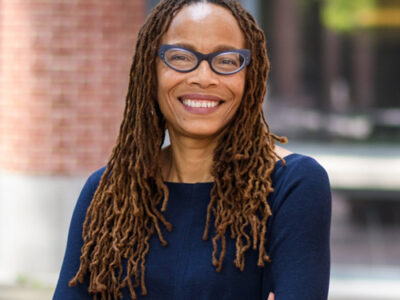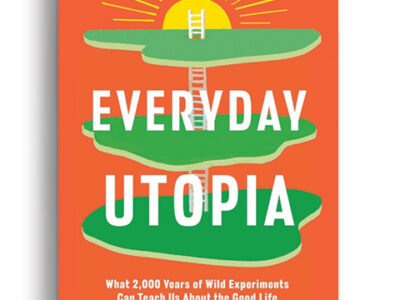EXCERPTS from a speech to the University trustees by Dr. William R. Ferris Jr. Gr’69, chairman of the National Endowment for the Humanities, on February 18:
“When I talk about the Culture Wars, what I’m talking about is the war between those who value and preserve our culture and those who would let it wither. It is between those who think the arts and humanities belong only in the Academy, and those who think they belong in the streets, in the inner cities, in the back roads, in the homes of every American. And I am happy to say that we are winning that battle on all of these fronts …
In recent decades, we’re all well aware that our work has been branded ‘elitist,’ and those of you who toil in the cultural vineyards know that it doesn’t feel very elitist when you’re in the trenches of fundraising or administration. And you know all too well that your greatest satisfaction comes from reaching a wide audience. We are all still trying to imitate Shakespeare, whose genius is to bring the highest art to all people …
“Our audience is not a narrow priesthood of experts and connoisseurs. Nor is our subject matter limited to the received canon. Gathering local histories, then connecting individual histories and family histories to regional events and national history, is one of our key tasks as we enter the 21st century. As we do this, I think we begin to see the links that bind us together as Americans, and help us see the connections between our humanities scholarship and popular culture. I’m a great believer in studying regional culture as a way of bridging cultural differences …
“In the Deep South we learned in the cauldron of bitter struggle how history, music and oral traditions can become a healing agent and a cultural bridge in turbulent times. I grew up in the fifties, in a segregated society that had segregated music. The African-American world had its blues; the European-American, country music. And then came along an artist named Elvis, and spun them together with rock ‘n’ roll. And at that very same moment, segregation was giving away to integration, and our musics began to merge as well. The music created a new cultural tradition.”
Friday, July 4, 2025
Popular
Administration
Anniversary
Archaeology
Architecture
Art
Awards
Books
Calendar
Campus Life
Commencement
Education
Elsewhere
entrepreneurs
Events
Exhibition
Expert Opinion
Faculty
Film
Football
Gifts
Health
Healthcare
Heard on Campus
History
International
Leadership
Medicine
Men's Basketball
Music
notes
obits
painting
Penn Medicine
Penn Museum
Philadelphia
Photography
Poetry
Politics
Science
Student Life
Technology
Television
Theater
Wharton
Window




